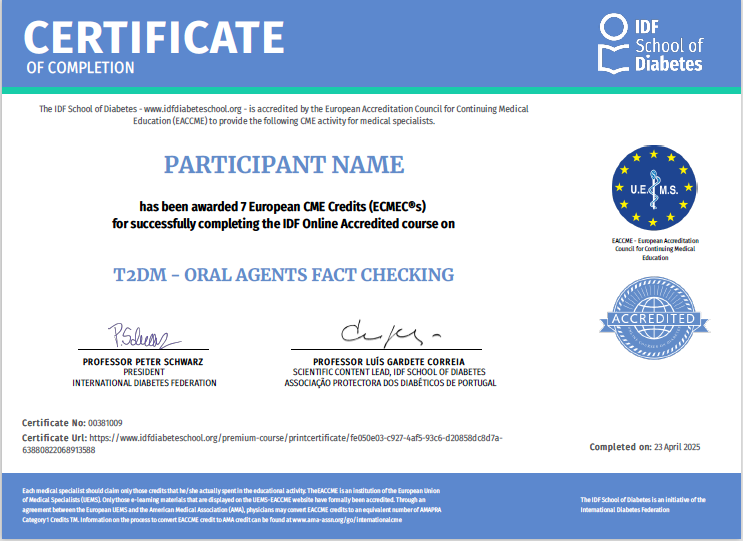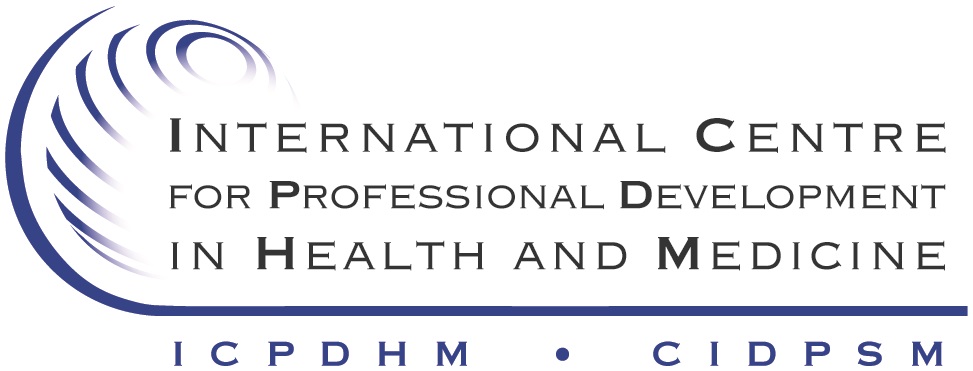- About Diabetes
- Premium Courses
- Free Courses
- Resource library
- GHU Training
- Login
- Register
This course will enhance core skills and competencies of health professionals to effectively manage type 2 diabetes using oral glucose-lowering agents.
Launch Date : May 2023
Last Updated : December 2025
All health professionals involved in diabetes management and care are eligible to take the course. In particular, health professionals who work in isolated, remote settings and lack access to latest evidence-based education resources.
Complete your initial self-evaluation before starting the course module.
At the end of this module the learner will be able to:
At the end of this module the learner will be able to:
At the end of this module the learner will be able to:
At the end of this module the learner will be able to:
At the end of this module the learner will be able to:
At the end of this module the learner will be able to:
At the end of this module the learner will be able to:
Complete your final self-evaluation to continue.
Please provide your feedback before continuing to print your certificate.
You can download and/or print your IDF Certificate.


An IDF Certificate with 7 European CME credits will be awarded upon completion of all seven modules.
Existing learners who completed the original six modules must finish the new module to receive the updated certificate.
For new learners: Modules 1-4, Modules 5-6, and Module 7 can be started independently, but the certificate is only available after completing all seven modules
The online course is supported by an educational grant from
This course is free of charge.
The course content was created by the International Centre for Professional Development in Health and Medicine (ICPDHM), along with a group of multidisciplinary international experts and further digitised by IDF for wider dissemination and access.

Average Rating
7
8 hours
Approx. 4 weeks to complete
English
This online module is supported by an educational grant from


Self-paced flexible learning
Case studies
Download course module
Certificate
European CME credits (ECMEC)